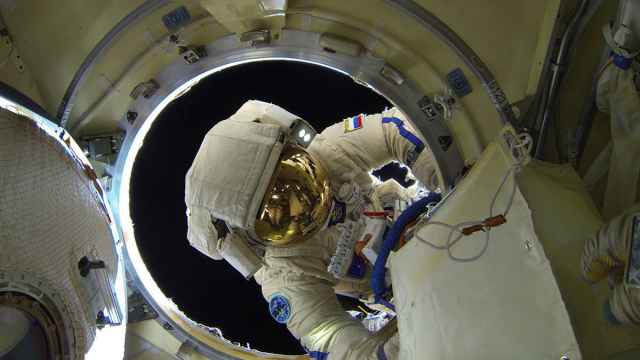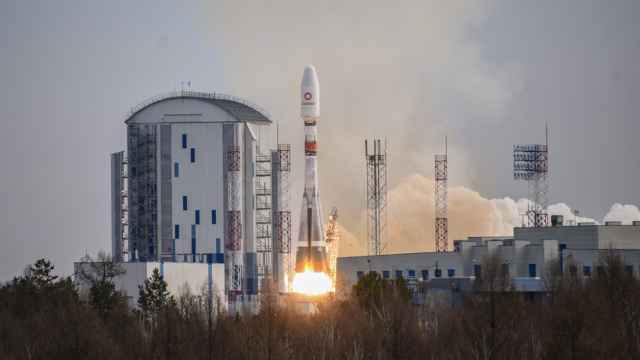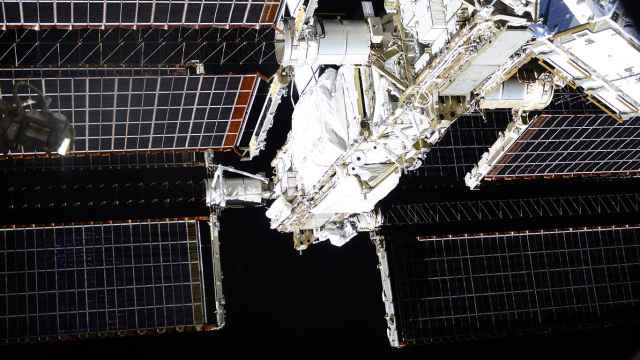Russia is unlikely to participate in the Moon-orbiting station planned by the United States, a Russian official said Monday, marking the probable end of the type of close cooperation seen for two decades on the International Space Station (ISS).
The proposed new station, called the Gateway, "is too U.S.-centric, so to speak," Dmitry Rogozin, the head of the Russian space agency Roscosmos, said, adding Russia was "likely to refrain from participating in it on a large scale."
Speaking by videolink to the 71st International Astronautical Congress (IAC), Rogozin pointedly described the ISS as "a truly international project" — Russia is unlikely to participate in the Moon-orbiting station planned by the United States though it was built by the two nations and has been occupied by Russians and Americans since 2000.
Europe, Canada and Japan also participate in the ISS.
The ISS has avoided the sharp deterioration of political relations between Moscow and Washington, with Roscosmos and Nasa operating the station hand-in-hand and American astronauts using Russian rockets to get there since 2011.
But the ISS is nearing the end of its life, probably by 2030, and NASA has unilaterally launched a lunar exploration program without prior consultation with Russia and other partners.
The Gateway was announced under President Donald Trump as part of plans to return American astronauts to the Moon in 2024 — for the first time since 1972 — under a program dubbed Artemis.
NASA maintains that the project is an international collaboration, and is seeking to involve other nations after Canada, Japan and Italy signed agreements.
Rogozin, speaking in remarks that were translated live, left open the chance of some future cooperation.
He said Russia supported "standardization of interfaces" that could allow Russian craft to dock at the station.
"A flight to the Moon is associated with a high risk... this is why we need to have at least two transportation systems," he said.
A Message from The Moscow Times:
Dear readers,
We are facing unprecedented challenges. Russia's Prosecutor General's Office has designated The Moscow Times as an "undesirable" organization, criminalizing our work and putting our staff at risk of prosecution. This follows our earlier unjust labeling as a "foreign agent."
These actions are direct attempts to silence independent journalism in Russia. The authorities claim our work "discredits the decisions of the Russian leadership." We see things differently: we strive to provide accurate, unbiased reporting on Russia.
We, the journalists of The Moscow Times, refuse to be silenced. But to continue our work, we need your help.
Your support, no matter how small, makes a world of difference. If you can, please support us monthly starting from just $2. It's quick to set up, and every contribution makes a significant impact.
By supporting The Moscow Times, you're defending open, independent journalism in the face of repression. Thank you for standing with us.
Remind me later.






